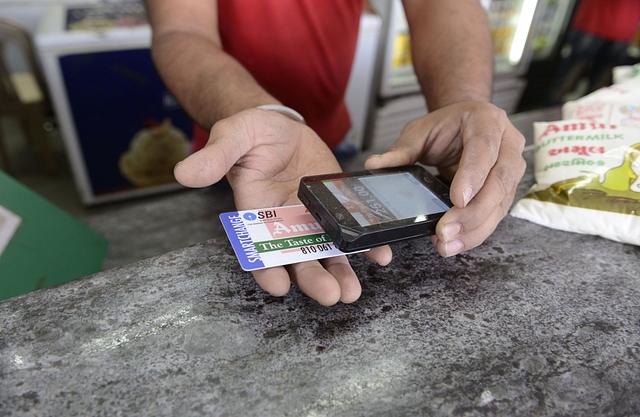
Explained: What An Independent Regulator For Digital Payments Could Mean
An independent regulator can help reduce the burden on the already overburdened RBI and focus on matters concerning the digital economy.
A government panel, headed by Ratan Watal, has recommended that an independent regulator for payments be set up. The proposal also states that should such a body be formed, it should be within the framework and ambit of the Reserve Bank of India (RBI). Among the recommendations made, it has asked for continuous operation of older transaction methods such as NEFT and RTGS instead of it being available only during regular working hours, charges on cash transactions as well as waivers on digital payments, mandatory digital payments for government transactions, introducing a more prominent role for Aadhaar as a payment mechanism, and most importantly, making changes to the Payment and Settlements Act (PASA) to include consumer protection, as well as data security and protection.
With the Prime Minister reminding everyone that a phone is as good as a bank, the finance ministry offering incentives for digital payments, and the RBI publishing daily statistics on digital transactions, this is indeed a good idea.
As R Jagannathan of Swarajya said earlier, the provision for an independent regulator within the RBI is vital, because a stodgy regulator like the RBI is simply not geared for the fast-paced world of digital transactions. A new body will reduce the load on the RBI, while working independently to ensure smooth transactions.
The regulator’s role should ideally be to ensure that transactions do not dwindle. Once the incentives and waivers for digital payments ends next year, payment platforms and wallets may begin to charge higher amounts, which may result in the return of cash. The new body must ensure that this does not happen, while also looking at other parts of the Watal Committee’s recommendations.
For instance, the regulator will be able to suspend operations in the event of a data breach. If a wallet provider’s data is stolen, the regulator should be able to stop all transactions and suspend operations till things return to normalcy. At the same time, such a regulator can ensure that adequate safeguard measures are in place to ensure that such a breach does not occur, and monitor it regularly, something the RBI is already too overburdened to do. The regulator can further ensure that data is not stored with the service provider, but with them alone, and only an identifiable reference number of sorts is provided in the case of transactions.
The most important recommendation, is the inclusion of consumer protection in the PASA. Currently, there are no such measures for dispute resolution in case a transaction has gone awry. In the case of NEFT, RTGS, IMPS and UPI, it can be taken up with the bank, but for wallets, there is no mechanism in place. While certain players like Uber may have dispute resolution processes, these are outside the financial space.
As an independent body, it can also formulate policies based on transaction fees, pushing out newer cashless transaction methods, as well as keep a check on transactions that may be of interest to the Income Tax Department. It would need to work in tandem with the National Payments Corporation of India (NPCI) in rolling out more payment systems, as well as increase protection measures for services such as the National Unified USSD Platform (NUUP). It will also need coordination with the Unique ID Authority of India for better Aadhaar integration, offering fraud protection to Aadhaar users, ensure availability of Aadhaar-based systems and more.
Overall, the idea of a new regulator solely for a digital economy sounds good. It will reduce the burden on the RBI, and in turn both bodies can function better.